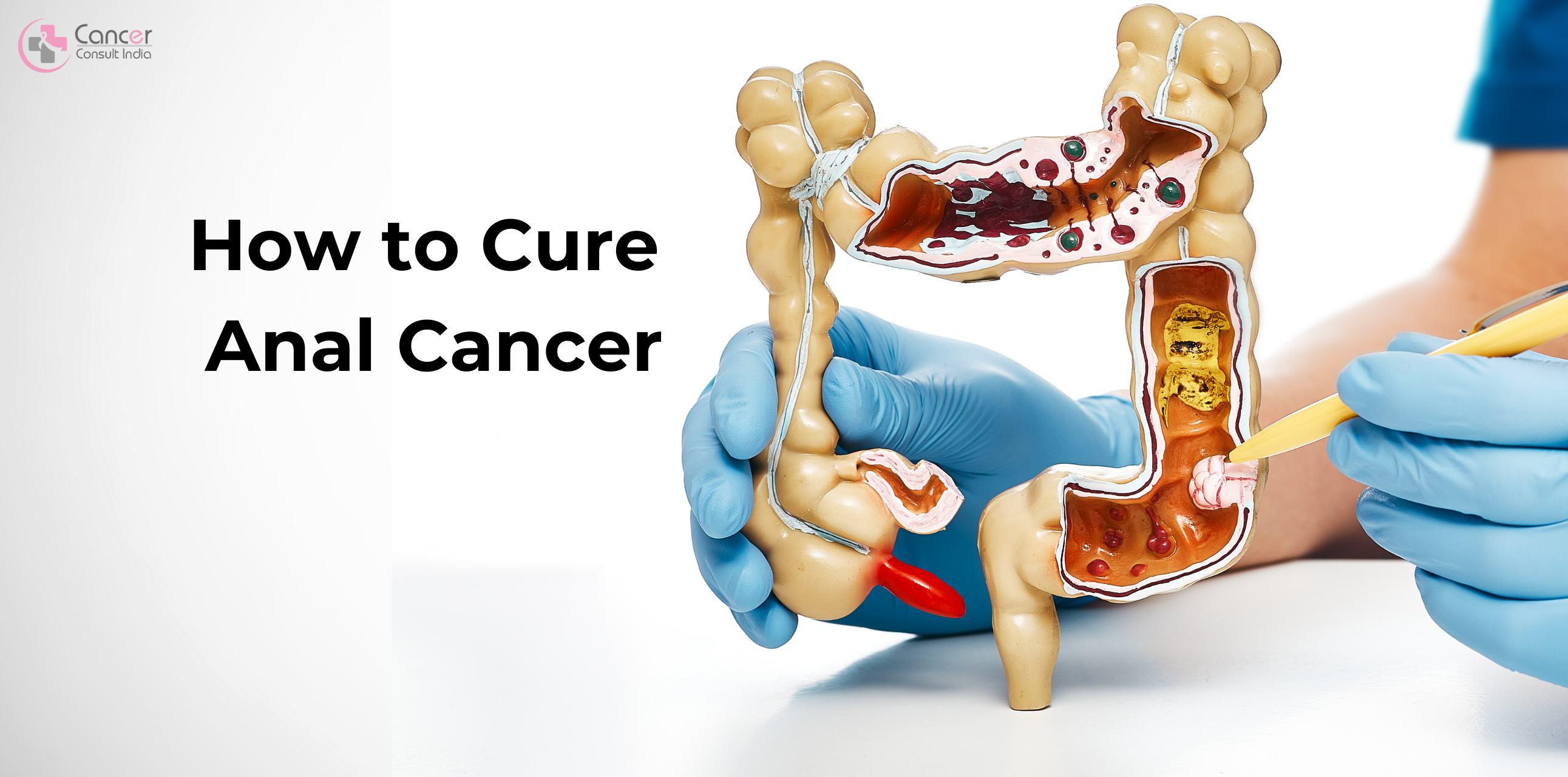Dr Manish Singhal - The best Cancer Specialist in Delhi
How to Cure Anal Cancer: Discuss the Proper Treatment and Guidance

Although not common, anal cancer is a serious condition that necessitates urgent and efficient treatment. Dr. Manish Singhal, an eminent oncologist in Delhi, discusses various treatment methods and offers advice to patients diagnosed with this disease.
This blog explains what anal cancer is all about, looking into the different treatment options available as well as giving practical suggestions for patients and their families.
Understanding Anal Cancer
Anal cancer begins in the anus which is the opening at the end of your rectum through which stool passes out from your body. Squamous cell carcinomas are the most common type of anal cancer; they originate from cells lining the anal canal. Other less frequent kinds include adenocarcinomas, melanomas, and basal cell carcinomas.
Risk Factors and Symptoms
Key risk factors for anal cancer include:
Human papillomavirus (HPV) infection
Smoking
Immunosuppression (e.g., HIV infection)
Age (most cases occur in people over 50)
History of anal warts or chronic inflammation
Common symptoms of anal cancer are:
Rectal bleeding
Pain or pressure in the anal area
Itching or discharge
A lump near the anus
Changes in bowel habits
Detection at an early stage greatly increases the chances of successful treatment.
Diagnosis
Diagnosis usually comprises:
Physical Examination: Comprehensive rectal examination to check for lumps or abnormalities.
Anoscopy: A lighted tube is used to view the inside part of the anus.
Biopsy: A small tissue sample is removed for microscopic analysis.
Imaging Tests: CT scans, MRI, and PET scans show how far it has grown and whether it has spread elsewhere in the body.
Treatment Options for Anal Cancer
The treatment depends on personalizing it according to the stage, size site(s) involved & health status of the patient. Here are some common treatments:
1. Chemoradiation Therapy
This is the standard treatment for most anal cancers where chemo(radiation) is done. In this type of therapy:
Chemotherapy: It involves using drugs to kill cancer cells or stop them from growing any further. The most common medications used include mitomycin and 5-fluorouracil (5-FU).
Radiation Therapy: This uses high-energy rays which are directed towards destroying cancerous cells in body tissues such as anus lining cells. Treatment is usually given five times every week over several weeks period.
Chemo radiation works very well against localized anal cancer thus allowing patients to keep their normal anal functions intact without having to go through surgical operations most times.
2. Surgery
If cancer does not respond to chemo radiation or recurs, a cancer specialist in Noida opts for surgery. Surgical treatments include:
Local Resection: This procedure eliminates the tumor and a small amount of nearby healthy tissue. It is suitable for early-stage and small tumors.
Abdominoperineal Resection (APR): This type of surgery removes the rectum, anus, and part of the colon in addition to creating a permanent colostomy, which is an opening on the abdomen for excretion of waste products from the body, usually through surgical means like stapling or suturing.
3. Targeted Therapy and Immunotherapy
Targeted therapy and immunotherapy are new hopes for advanced anal cancer or patients whose condition does not respond to conventional treatments:
Targeted Therapy: Drugs are used in this approach to attack specific molecules that help in the growth and spread of cancer cells. Squamous cell carcinoma can be treated with cetuximab, a monoclonal antibody.
Immunotherapy: The immune system is aided by this treatment method to detect cancer cells easily and destroy them. Pembrolizumab which is an immune checkpoint inhibitor has been found useful when dealing with anal cancers hence under investigation presently.
4. Clinical Trials
Clinical trials open one up to experimental or cutting-edge therapies that may not be available elsewhere, they also contribute towards knowledge advancement concerning anal cancer as well as the development of fresh treatment methods.
Post-Treatment Care and Support
The following post-treatment care measures are important for recovery purposes while ensuring good quality of life during such a period:
Follow-Up Care
After treatment has been done there should be frequent check-ups done to monitor any signs showing again plus manage side effects arising from therapy too; these may comprise but not limited to physical examination(s), anoscopies, and imaging tests among others.
Managing Side Effects
Healthcare providers can help patients deal with common side effects associated with treatment like tiredness, skin irritation, and problems related to digestion. Palliative care services are available for symptom control while enhancing the quality of life of patients.
Lifestyle Modifications
These are some things that one must do or adopt which may assist them recover quickly as well as staying healthy generally:
Quit Smoking: Stopping this habit reduces the chances of getting cancer again.
Healthy Diet: A balanced diet containing a lot of fruits, vegetables, and whole grains promotes the healing process besides boosting immune system function.
Regular Exercise: Physical activities tend to increase energy levels within the body system thus improving mood and overall health.
Emotional and Psychological Support
Being diagnosed with cancer poses emotional challenges for individuals; therefore it is important for mental health services, counseling, and support groups to be availed so that both patients together with their families can cope during this difficult moment in life.
Conclusion
Proper care promptly given makes anal cancer manageable even though it might seem tough at first sight. Dr. Manish Singhal from CCI, the top stomach cancer doctor in Noida, works tirelessly towards ensuring every patient gets a personalized treatment plan. Hope should never be lost by keeping oneself updated about what is happening out there.
Medically speaking, seeking necessary attention without delay thus following through with recommended treatments because all these enable one to have a positive attitude while going through such times. Every person’s journey differs from another hence there will always be light at the end of the tunnel provided adequate support system plus care given.




